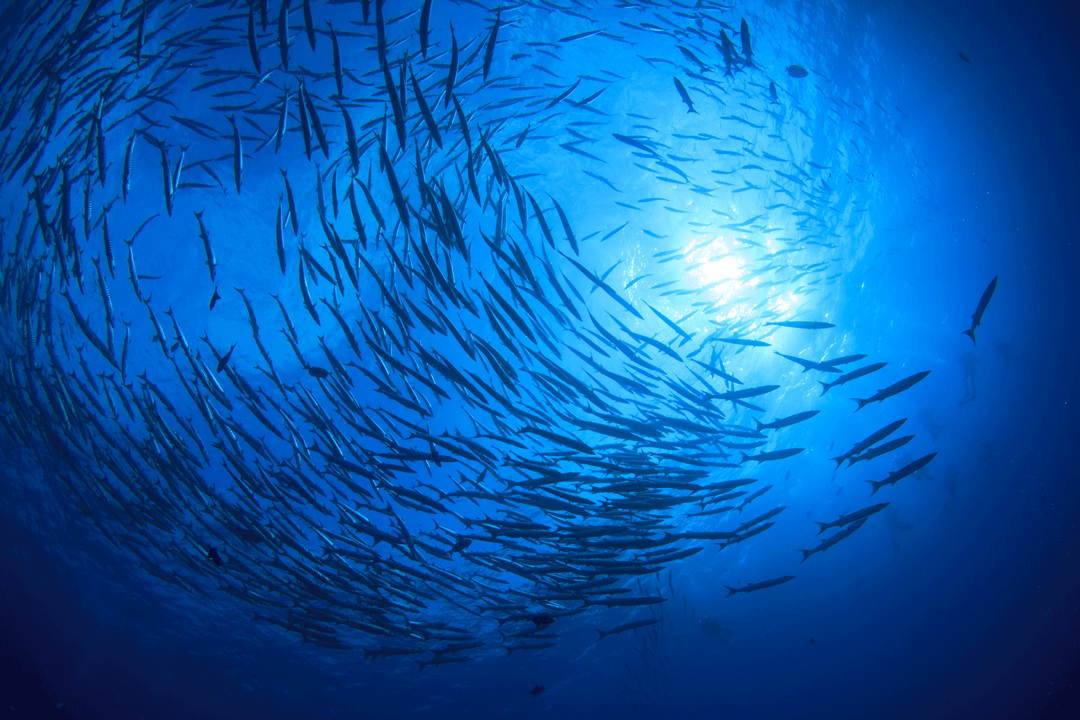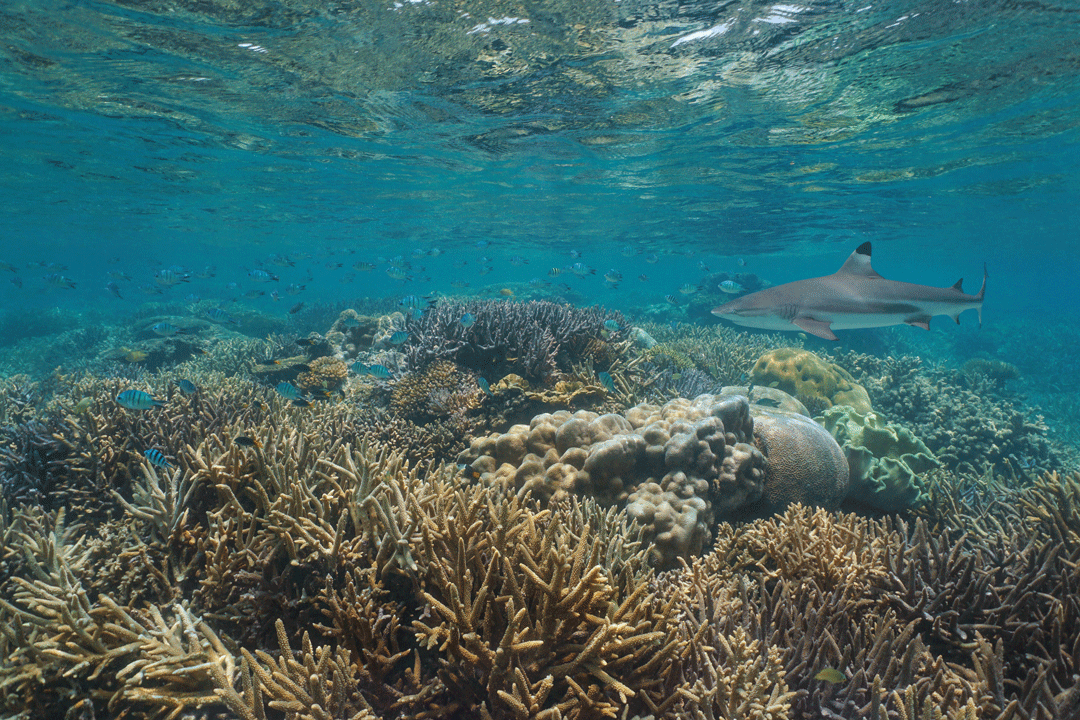OCEAN HEALTH INDEX – stable scores case for cautious ocean optimism?
70 out of 100 is the score assigned to the overall health of our global oceans in 2018, matching previous scores for both 2017 and 2016. While this might seem a reasonable and stable score, experts point out that there is much left to do to ensure that the challenges our oceans face are addressed.

Photo © Shahar Shabtai | Shutterstock
The scores for 220 participating nations, the Antarctic and 15 high sea regions can be read here.
The Ocean Health Index (OHI) is a measure assigned to global ocean health by the National Center for Ecological Analysis and Synthesis (NCEAS) and Conservation International. The score combines factors from a range of ocean health considerations: biological, physical, social and economic. A table of all the different layers that went into building the OHI is available here. The assessment aims to give policymakers and managers critical markers to help them gauge how best to manage our oceans. The OHI goals are outlined here.

Photo © Rich Carey | Shutterstock
The assessment happens annually and has been running since 2012. It helps keep track of how the ocean, its resources, and the people who depend on it, are faring over time. What’s changed? What’s improved? What’s worsened? By answering these questions across a variety of considerations, the score is meant to direct managers to the best solutions to answer current, time-relevant challenges. The 2018 assessment is the 7th annual one to take place, involved 220 nations and included regions that are our collective responsibility, such as the Antarctic and the High Seas.

Photo © Damsea | Shutterstock
We have summarised some of the key findings from the OHI website:
- The score of 70/100 is one point down from the 2012 – 2015 scores
- 109 nations showed increasing trends in ocean health
- 111 nations showed decreasing trends in ocean health
- Scores increased for Tourism and Recreation, Mariculture and the Lasting Special Places subgoal
- Scores declined for Coastal Protection, Fisheries, and Natural Products
- Some of the highest scoring nations (80 or higher) were island nations such as Aruba, New Caledonia and uninhabited islands.
- Germany was the only country with over 1 million citizens that received a high score in the top 17 scores
- The Heard and McDonald Islands (90/100), Kerguelen Islands (90/100), Howland Island and Baker Island (90/100) and Pitcairn (85/100) had the highest average scores
- Ten regions (seven in Africa, one in Central America, and two in the Middle East) scored less than 50
- Ivory Coast (41/100), Libya (42/100), Nicaragua (45/100), the Democratic Republic of the Congo (47/100), Sierra Leone (48/100) had the lowest average scores
- The 220 assessed nations cover 40% of the total ocean space
A summary of findings is available here.

Photo © Cingular | Shutterstock
